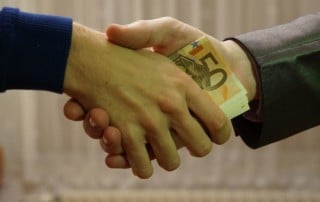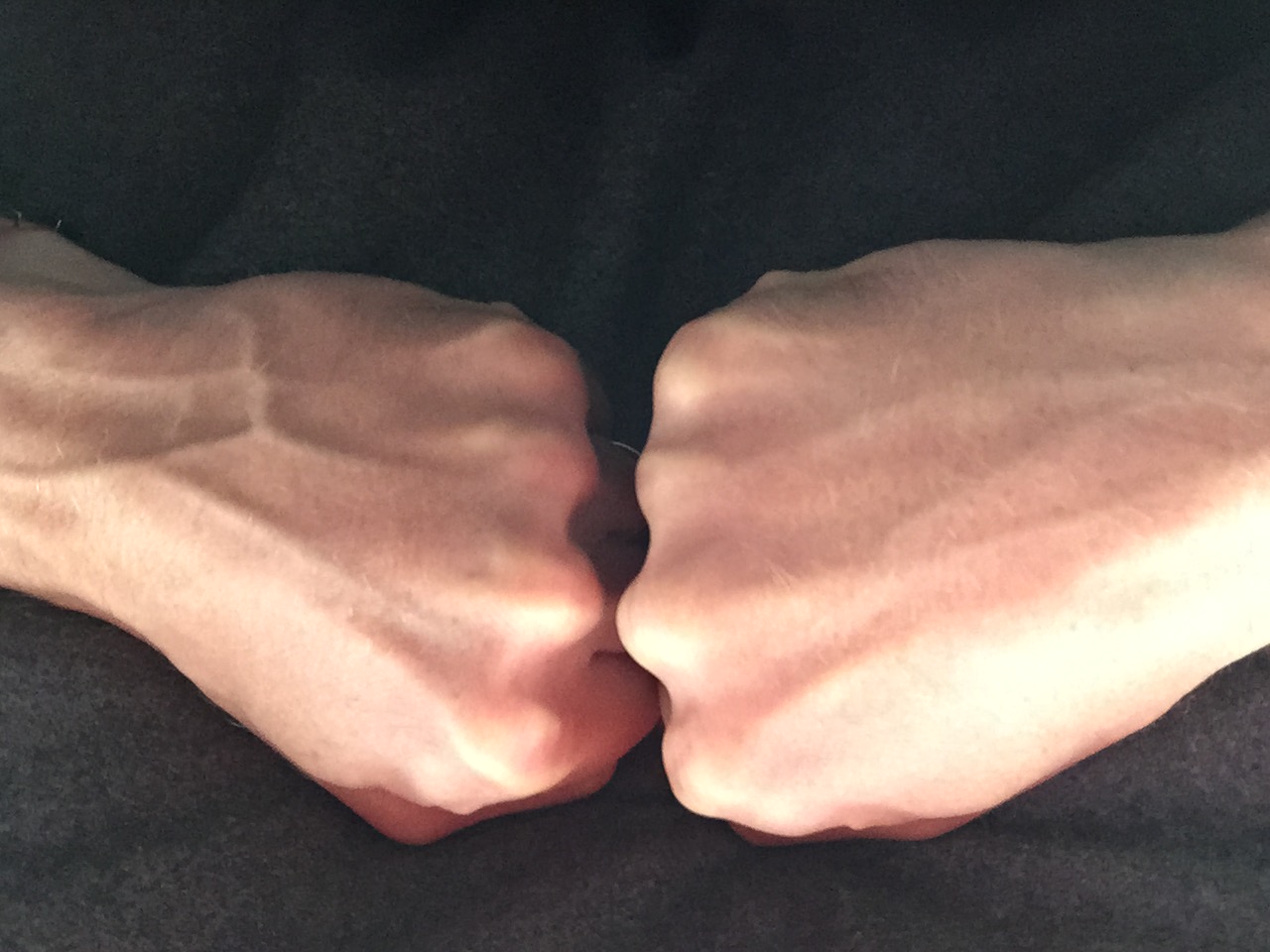Honest Mistake or Perhaps Not: How Social Norms Influence Dishonest Behavior
Minor acts of dishonesty that range from cheating on one’s taxes to petty institutional corruption are very prevalent in everyday life social settings. How others behave in these settings or what they believe is the proper course of action may lead to minor or major acts of dishonesty. Our research finds that exposure to increased peer cheating promoted major dishonesty, while the presence of rule reminders reduced minor acts of dishonesty without influencing major dishonesty.




